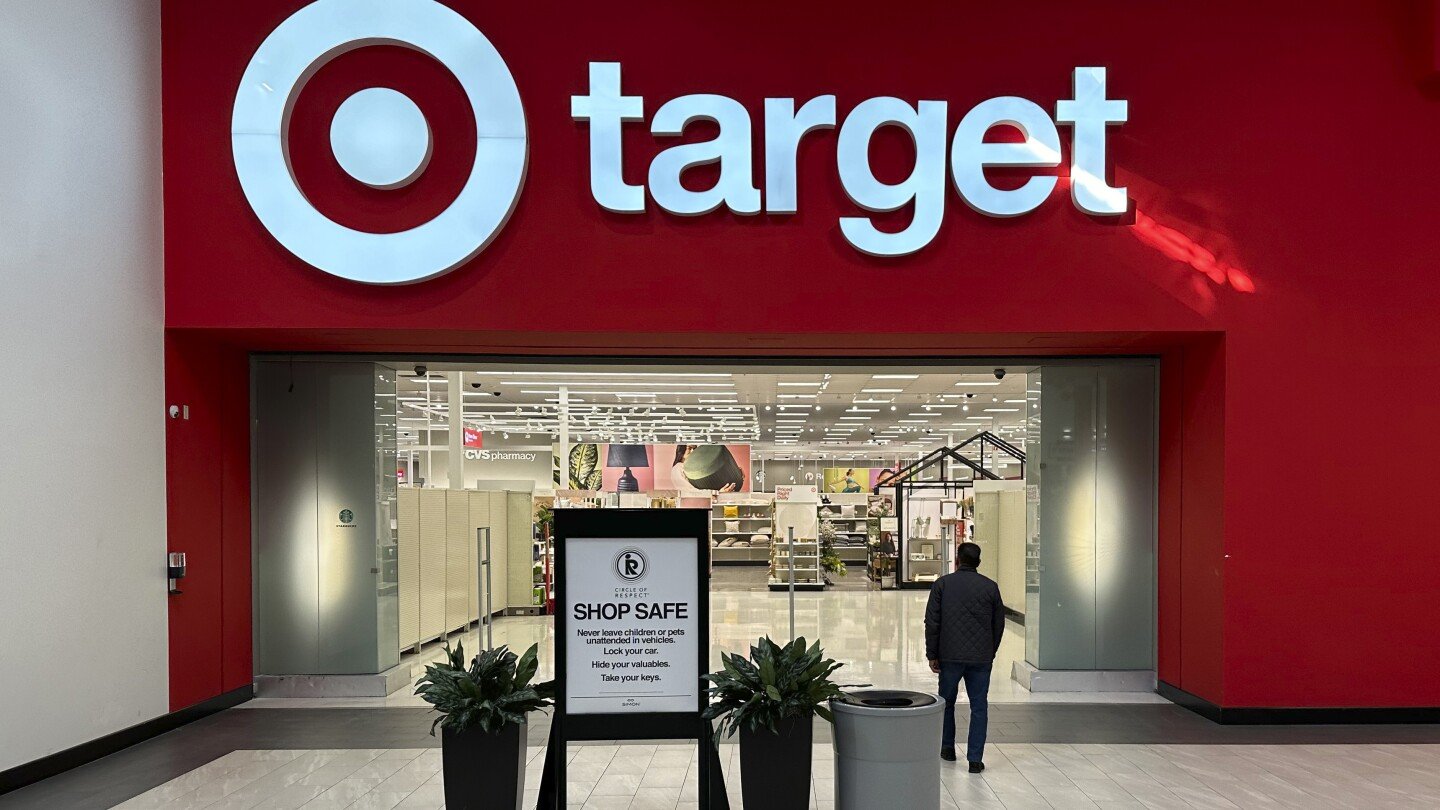Target plans to cut prices on thousands of consumer basics this summer, from diapers to milk, as inflation cuts into household budgets and more Americans pay closer attention to their spending.
The price cuts, already applied to 1,500 items, will eventually include 5,000 food, drink and essential household goods. Target and other retailers are increasingly catering to customers who are struggling with higher prices for groceries, though inflation has begun to cool. Many of them have switched to private label brands sold by Target and others big retailers, which are typically less expensive than well-known brands.
Target launched one such collection in January called Dealworthy which includes nearly 400 basic items, ranging from clothing to electronics, that can cost less than $1, with most items under $10.
Last week, McDonald’s said that it was planning to introduce a $5 meal deal in the U.S. next month to counter slowing sales and customer frustration with higher prices. Walmart posted strong quarterly sales last week driven by a influx of customers, including households with incomes of more than $100,000, looking for bargains.



Raise the price on everything, rake in profits till they can’t squeeze any more blood out of the stone, then launch their in house brands as loss leaders to gain market share before slowly raises prices to be where name brand was…
A tale as old as unchecked rampant capitalism with zero regulation
This is probably partially true but just to note that there’s a lot of factors at play here. Since prices have risen on all items, what is more likely is that the prices are due to manufacturing companies raising them.
We know that’s true from the government reports, so what target is doing here makes sense. Their volume has become low enough that their margin isn’t making them money. Which is why they increased prices in the first place to try and maintain that margin. Now they want to increase volume on their own products which have higher margin (they don’t have to share) so the prices are guaranteed to be lower.
This is what we expect of late stage capitalism where most of the grocery store is effectively owned by a small handful of companies (J&J,P&G,General Mills, Tyson, etc.) and the only people able to compete with them are the grocery stores themselves.
The budget options still aren’t there to help you, but these options will represent the bottom of the market. And since they rely on the consumer choosing the value brand instead, they need to have volume of sales to work. And as we know, that means these products will always be nearer to the cheapest possible price.
Last note is important: if you observe that even the discount brand prices are beginning to become unaffordable for you and you represent an average consumer, your economy is already failing